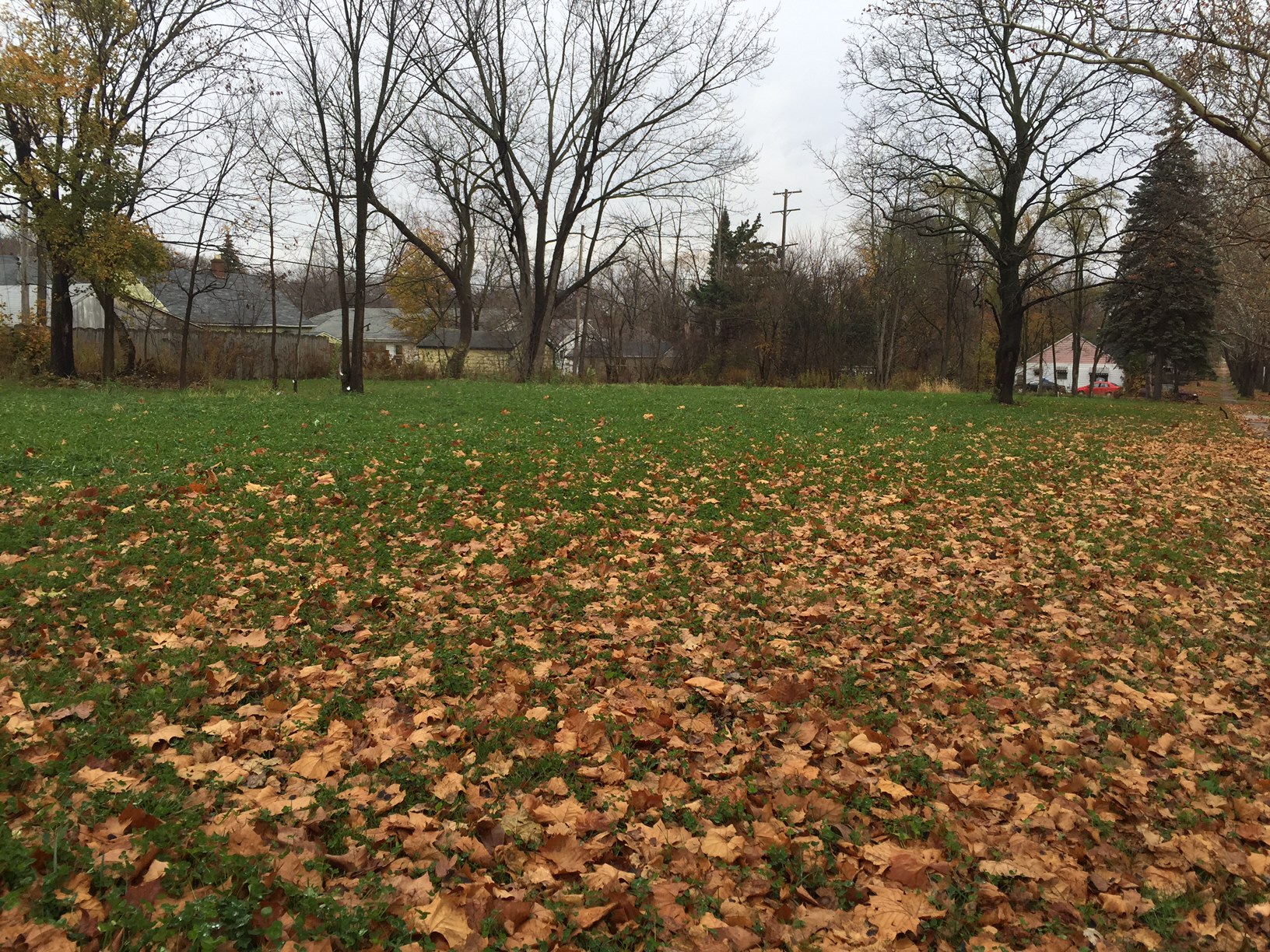Why Flint is planting clover, rather than grass, on vacant lots
The three-leafed white Dutch clover is a perennial often used as pasture crop. But now Flint and some other cities are using clover ‒ instead of grass ‒ on vacant lots as part of efforts to eliminate blight.
That’s because the hardy plant can go weeks with no mowing and look far more maintained than a typical grass-seeded lawn, according to a report by Detroit Future City, a nonprofit that aims to help revitalize Detroit.
MORE COVERAGE: “Amid Flint’s water crisis, a quiet success story”
Clover only grows to about 10 to 12 inches, a fraction of the height of uncut grasses and some other weeds. It requires mowing only once or twice a year, is drought tolerant and will thrive in sun or shade. It also helps the environment because it releases nitrogen into the soil and and its flowers feed pollinators such as honeybees.
Saginaw started planting clovers in 2013, after the city go,t $1.8 million in grants to demolish 200 vacant houses. The idea soon caught on in Flint where clovers are now part of a demolition program that has replaced roughly 30 percent of the city’s blighted homes ‒ nearly 1,800 ‒ with fields of white Dutch clovers.
It would cost about $7 million to mow all of the vacant lots in Flint regularly, were they filled with grass. But the Genesee County Land Bank Authority, which is in charge of the city’s blight elimination program, has only about $1 million a year for the job.
Luckily, clovers help stretch the mowing money.
See what new members are saying about why they donated to Bridge Michigan:
- “In order for this information to be accurate and unbiased it must be underwritten by its readers, not by special interests.” - Larry S.
- “Not many other media sources report on the topics Bridge does.” - Susan B.
- “Your journalism is outstanding and rare these days.” - Mark S.
If you want to ensure the future of nonpartisan, nonprofit Michigan journalism, please become a member today. You, too, will be asked why you donated and maybe we'll feature your quote next time!


 As part of the blight elimination program in Flint, run by the Genesee County Land Bank Authority, Dutch white clovers are planted on demolition sites to reduce maintenance costs and safety problems. (Bridge photo by Chastity Pratt Dawsey)
As part of the blight elimination program in Flint, run by the Genesee County Land Bank Authority, Dutch white clovers are planted on demolition sites to reduce maintenance costs and safety problems. (Bridge photo by Chastity Pratt Dawsey)